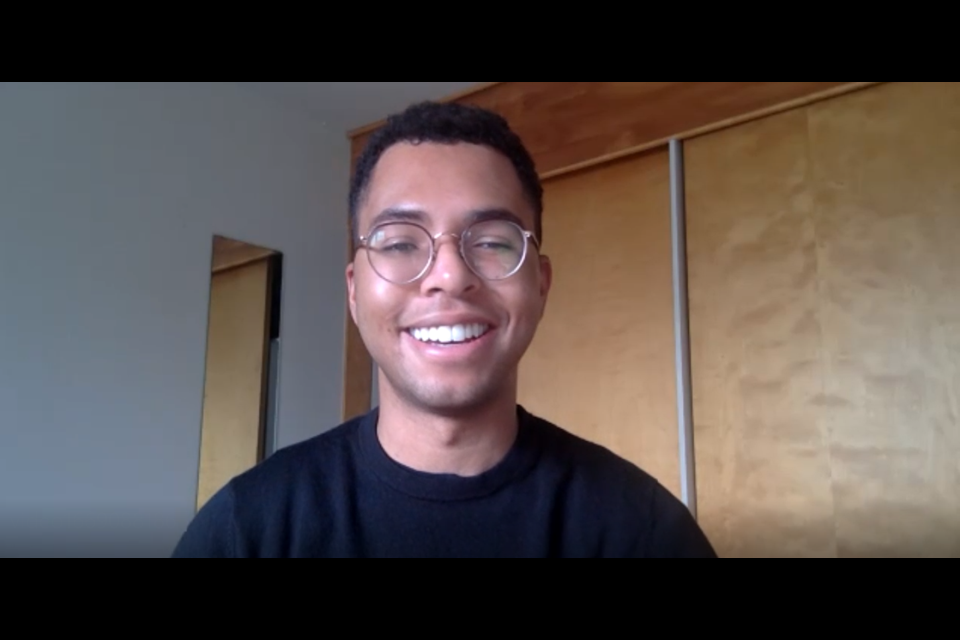Newmarket resident Elijah Santana said affordability is a top concern for him and his fellow youth.
The York University political science student is volunteering with Future Majority, a non-partisan youth voting advocacy group. He said young people want affordable housing and the ability to pay for essentials, and he has seen how the price of everything has risen dramatically.
“Particularly the cost of housing, to buy or rent in the Newmarket area, is astronomical almost,” he said. “My rent makes up more than half my monthly expenses, and I’m not alone in this.”
Future Majority has begun its campaigning and advocacy work for the June 2 provincial election, highlighting youth concerns and issues, particularly in the GTA. Youth taking part are pushing for their consideration as voters and for issues that matter to them.
Santana said there was a good movement toward youth issues in the lead-up to the election, which he said is a testament to young people getting out to vote and making a difference in some ridings.
“However, more should still be done,” Santana said. “We’d like to see more definitive climate action plans.”
Statistics still indicate that youth tend to vote less often than other age groups, with about 54 per cent of eligible voters 18 to 24 voting in the 2019 federal election, according to Elections Canada, compared to 79 per cent of those 65 to 74. But voter turnout has also increased among youth, up more than 10 per cent from 2011 to 2019 federally among those 18 to 24 to 34. Elections Ontario doe not provide age breakdowns for turnout.
“We’re quite optimistic about young people coming out to vote,” Santana said, adding their studies have garnered strong interest in issues like affordable housing. “That manifests itself in political activity when it comes to the upcoming election.”
He said about 83 per cent of young Ontarians they polled expressed that they were concerned or somewhat concerned about the cost of housing.
To get out youth voters, Santana said the media, parties and non-profits alike really need to speak to youth and make politics relevant to them.
“Often politics turns into an older person's game,” he said. “Middle-aged and older people tend to vote in much larger percentages than young people. We’ve seen that pivot toward political leaders, the media and organizations focusing on that older demographic.
He added that a shift back to a focus more on young people's issues would lead to “an increase in engagement politically among young people.”



